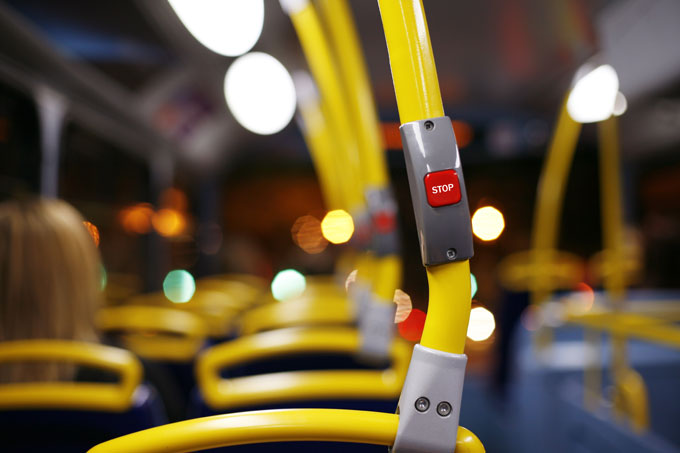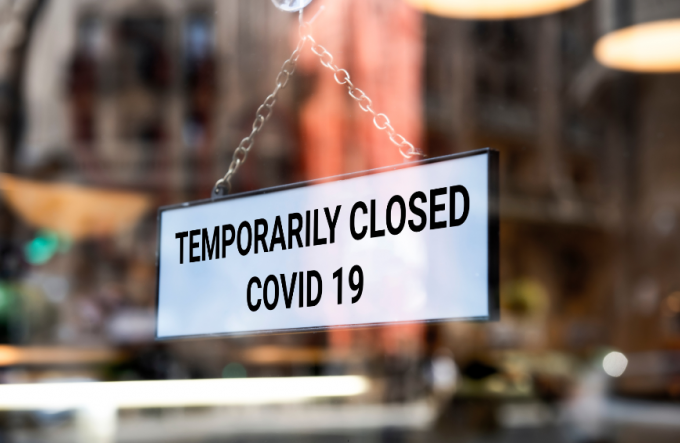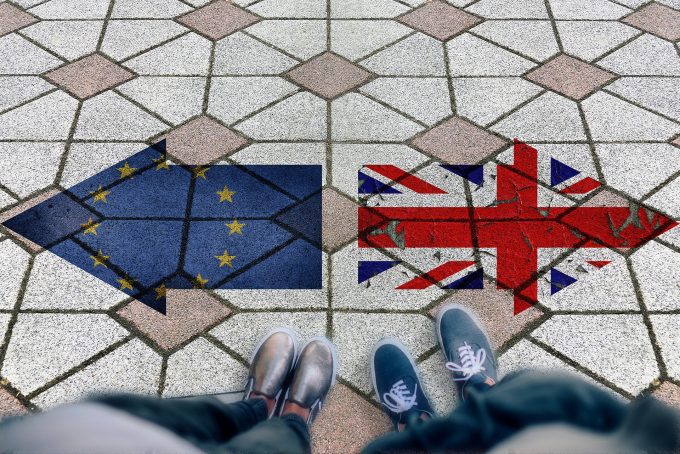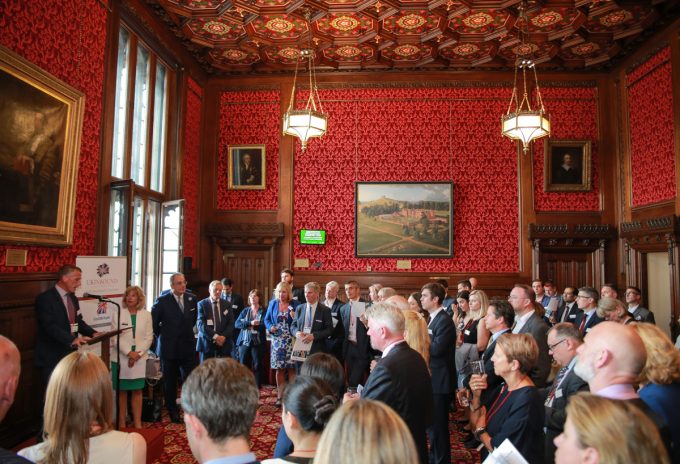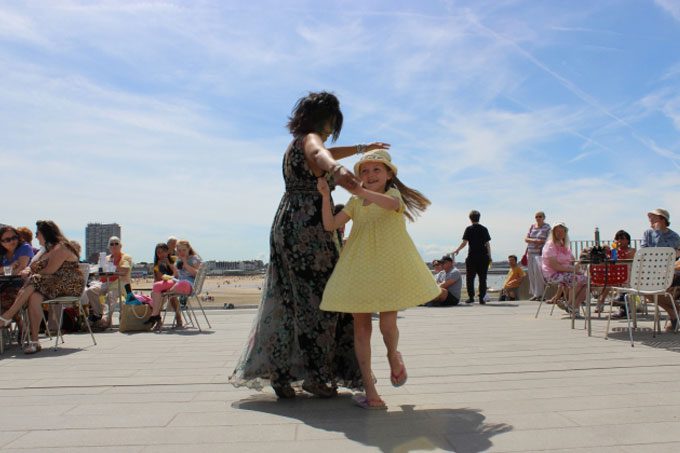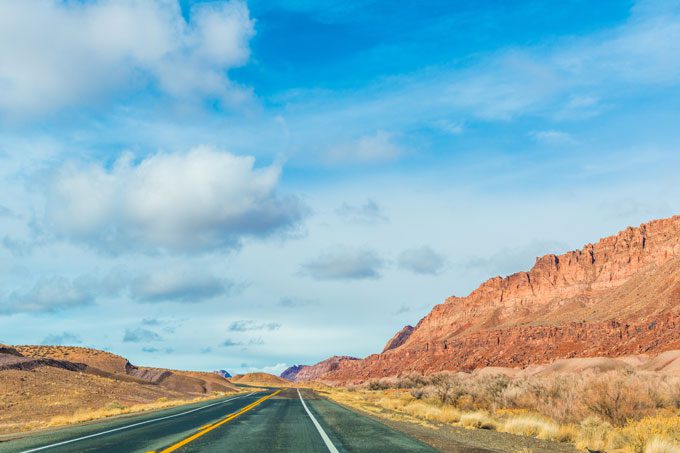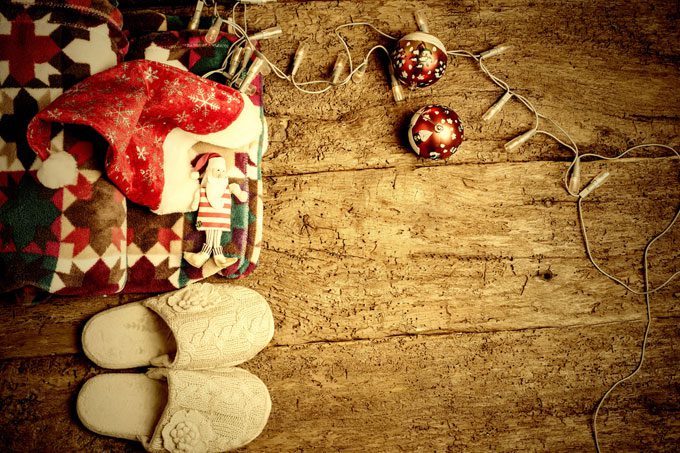Dr Susan Kenyon discusses her research into the impacts of Covid-19 on transport which has been quoted in a UK Government, Environment, Food and Rural Affairs Committee Air Quality inquiry.
Regional tourism hotspots and the impact of Covid-19
As the UK tourism and hospitality sector gather evidence linked to the impacts of Covid-19, Dr Karen Thomas, Dr Daniel O’Donoghue & Dr Julie Scott explore how insights into localised labour markets are vital to businesses and regions lobbying for the support needed to ensure future recovery.
End of free movement: a perfect storm?
As political parties on all sides debate the issues of immigration and the end of Free Movement as part of the Brexit-fuelled General Election, Dr Karen Thomas and Dr Julie Scott explore how robust evidence is increasingly vital to businesses lobbying for the conditions conducive to future growth.
Growing language skills gaps in inbound tourism
With recent media interest on both the record growth of inbound tourism and the fall in popularity of modern languages study at A-level, Dr Karen Thomas and Dr Julie Scott, review how far home-grown talent can meet the future needs of the inbound tourism industry for linguists.
Partnerships & cross-sectoral working: building resilient cultural destinations
In light of both the interim evaluations of the 2017 Hull UK City of Culture and new research delivered by the Culture Kent Research Programme, Dr Julie Scott and Dr Karen Thomas discuss the importance of partnership working to building cultural destinations.
60 years of On the Road: what’s happened to the spirit of travel?
Jim Butcher explores the legacy of Jack Kerouac’s iconic novel On The Road 60 years after publication.
Have a Hygge Christmas
Dr Jane Lovell, Senior Lecturer in Tourism and Events, explores this year’s Danish trend, Hygge, the concept of cosiness and living well, taking the UK by storm. 2016 has been the […]
